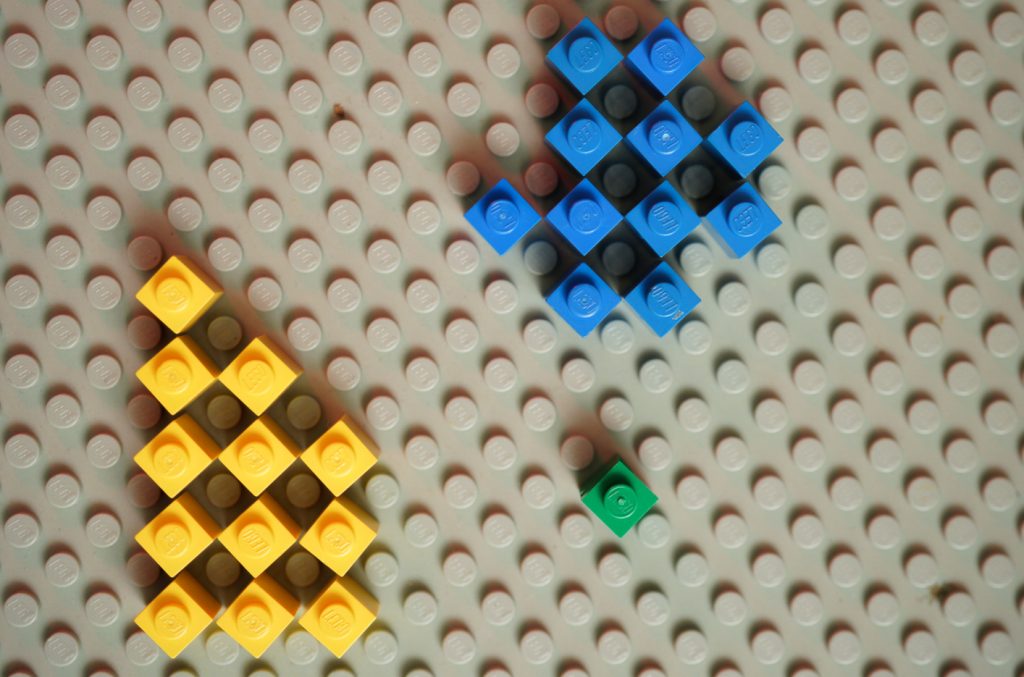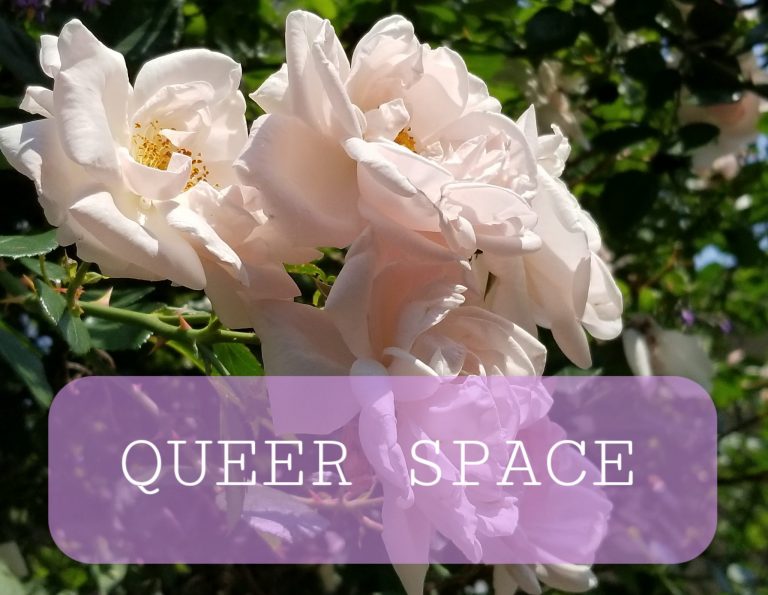By M. Manila
Editor’s Note: This month, we are starting the new Queer Space column (we’re workshopping the name). It is an effort to build more queer spaces in Waterloo Region and a place for queer members of the community to share their thoughts on anything and everything from a queer lens. This space is for all queer writers, regardless of previous writing experience (I’m an editor! I can help with that!). In addition, if you would like to write to us but are hesitant to have your name attached to your piece, having a pen name or simply being anonymous is perfectly acceptable! So if you would like to contribute or if you have name suggestions, please email editor@communityedition.ca. We look forward to hearing from you!
My then-partner and I walked hand-in-hand towards Tri-Cities Pride right from the bus parked in front of the Charles Street bus terminal. The anticipation and excitement started building up in my stomach. I had been to Toronto Pride a few years earlier, and although Waterloo Pride certainly wasn’t as grandiose, it felt intimate and homey. It felt like Pride belonged everywhere, not just a big place like Toronto. The lines for local food trucks started to pass us as we made our way towards our friends. Our “hey y’all!” was met with a warm welcome from the group of friendly faces that waited for us eagerly to take our spot next to them.
As I took in the sights and sounds around me, I began to notice that, aside from my partner and I, there were only a handful of people of colour who had come out to enjoy the festivities. A familiar unease began spreading through me, starting from the pit of my stomach and slowly making its way up to my throat. I started to feel wrong. I started to feel like I didn’t belong, and neither did my partner. I looked on at my friends who were laughing and seemingly having the time of their lives. A twinge of guilt began to accompany the wrongness that had fully seated itself in my gut now. How could I not be having a good time, like my friends, when the whole point of Pride was to celebrate queer idenities?
A tap on my shoulder brought me back into the moment. My partner looked at me with a concerned look on their face.

“What’s wrong?” they asked.
I didn’t notice my eyebrows had been furrowed and that I hadn’t been saying a word for a while. I began not-so-subtly expressing my frustration to them.
“I feel like we don’t belong here, there’s no people of colour other than us. How are you not uncomfortable right now?” I asked back.
A few of my friends had turned from their separate conversations to impeach on mine.
“I don’t think it’s as big of a deal as you’re making it out to be. You do realize that a lot of your cultures are more homophobic than white cultures, right?” said a white friend-of-a-friend. The only thing I could feel was white-hot rage. A seed of anger began to grow in my core, I could feel its heat coursing through me. I knew any reply that was coming out of my mouth was going to be fueled by this anger.
Then it hit me: I was still the ‘Other’ to them.
My brain was thinking a mile a minute, as if trying to catch up to my heart. This person was in no position to explain the ways queerness and being a person of colour interacted. They had no idea what it was like for me to come out to my extremely Catholic Filipino parents, or the toll it took on my mental health. They had no clue what it was like, going to the family gatherings and having everyone expect me to be a good Filipino, Catholic, and expected to be straight and cis-gendered. Nor did this person know what it was like for other queer people of colour. When I would go to family gatherings, I felt like I didn’t belong alongside my very straight, cis cousins, who all had the “appropriate” partners. I could not talk about my love-life when I was asked about it out of fear. I did not want to feel wrong in my own family, and that feeling came again when I found the queer community. I loved that I was able to live my life how I wanted, and be with the people who made me happiest. Pride felt like a warm blanket on a rainy day, it made me feel protected, safe, home. It was what I had began to expect as I navigated queer spaces with my friends, and it was what I expected when I went to Tri-Pride as well.
I was the other Other, and there’s no lonelier feeling than being rejected from a space that’s supposed to be yours.
I was the other other, and there’s no lonelier feeling than being rejected from a space that’s supposed to be yours.

